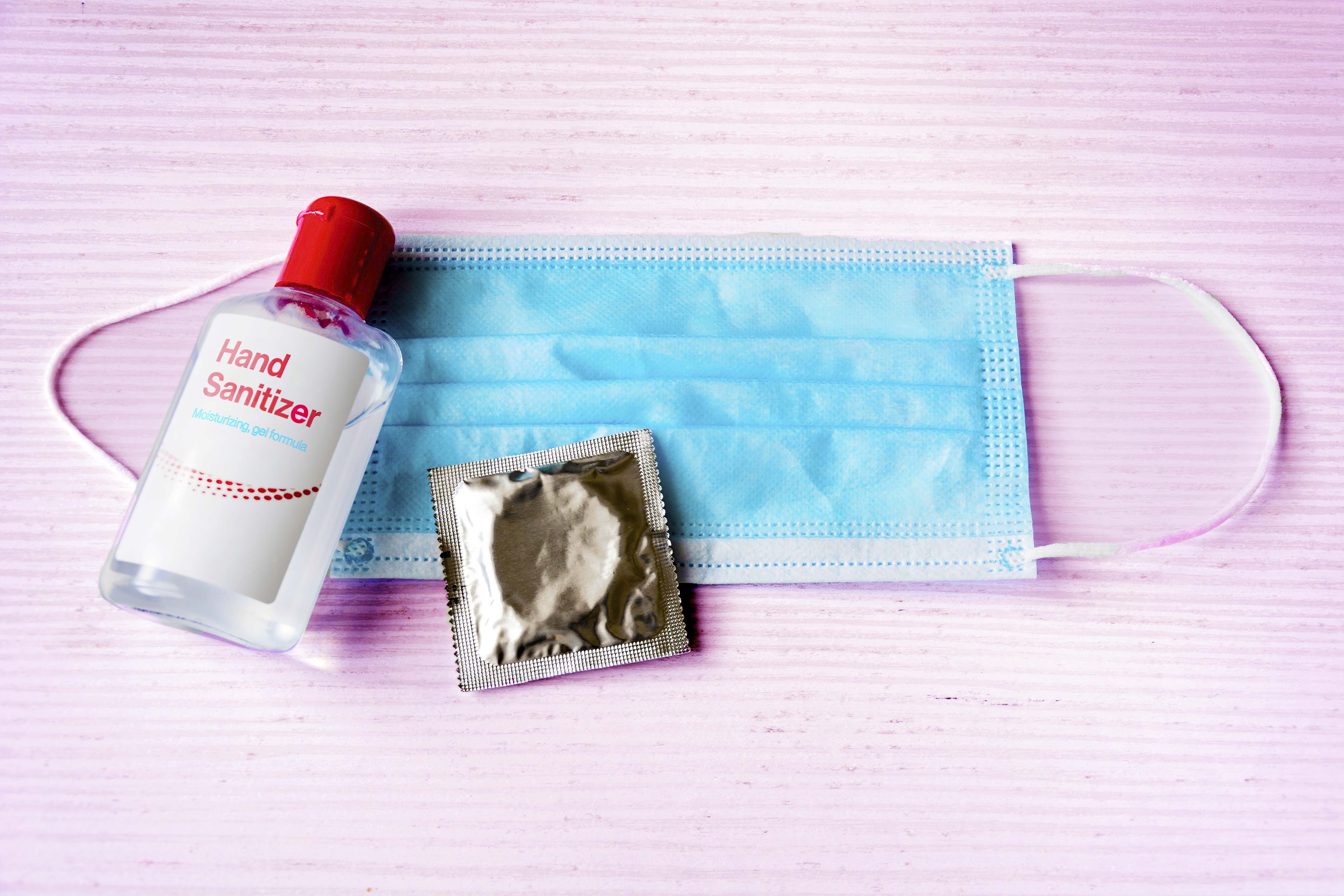The Food and Drug Administration announced plans Tuesday to fund a new study into blood restrictions placed on male donors who have had male sex partners, ABC News reported.
The controversial ban on blood donations from men with male sex partners was first implemented in 1977, initially as a lifetime ban. In 2015, the restrictions were loosened to allow donations from men with a same-sex partner after a waiting period of one-year following a same-sex encounter. The FDA further relaxed blood donation restrictions earlier this year in response to a drop in donations amid the COVID-19 pandemic.
The new study reportedly hopes to overturn the controversial restrictions altogether. Called “ADVANCE: Assessing Donor Variability And New Concepts in Eligibility,” the study will work with various LGBTQ+ centers and three of the nation’s largest blood donation centers with a goal of determining whether blood donor eligibility should be determined by individual cases rather than blanket rules.
“The FDA remains committed to considering alternatives to time-based deferral by generating the scientific evidence that is intended to support an individual risk assessment-based blood donor questionnaire,” a spokesman for the FDA told ABC.
The FDA said it hopes the 2,000 men currently involved in the study “could generate data that will help the FDA determine if a donor questionnaire based on individual risk assessment would be as effective as time-based deferrals in reducing the risk of HIV.”
Health and Social Care Secretary Matt Hancock called the study “a positive step” that “recognizes individuals for the actions they take” rather than their sexual identity.
Thanks for reading InsideHook. Sign up for our daily newsletter and be in the know.

















